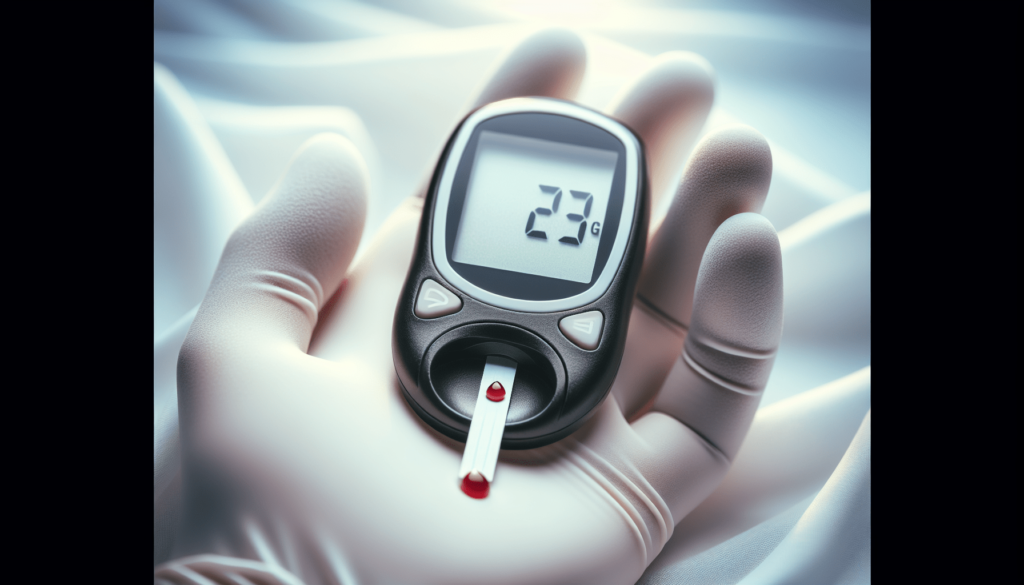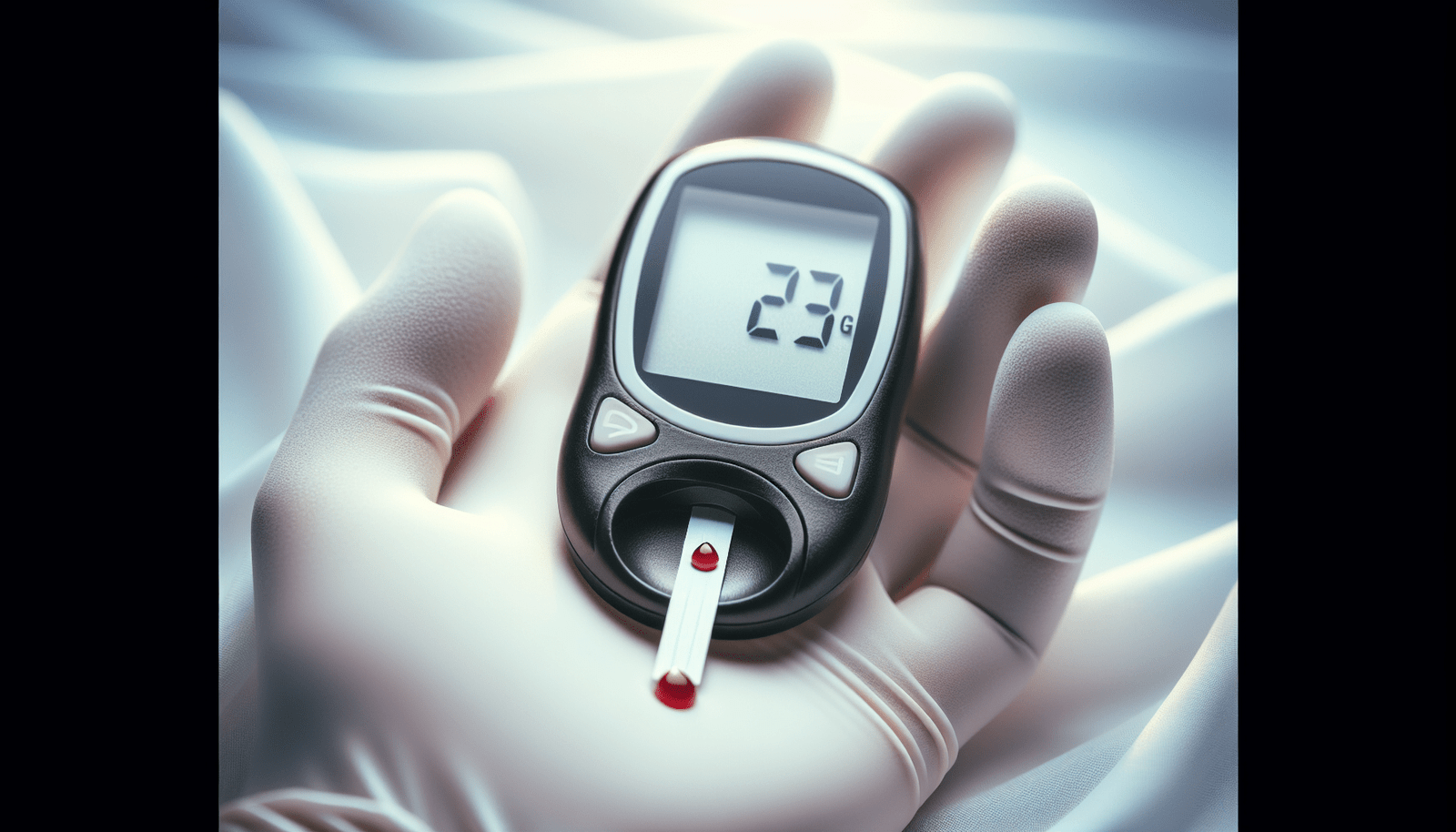Understanding Diabetes and the Role of an Endocrinologist
What is diabetes and how does it impact your health?
Diabetes is a chronic condition that affects how your body processes glucose, a type of sugar found in your blood. When you have diabetes, your body either doesn’t make enough insulin or can’t use insulin efficiently. This results in high blood sugar levels, which can lead to serious health complications if not managed properly. An endocrinologist is a medical professional who specializes in treating hormonal and metabolic disorders, including diabetes. They play a crucial role in helping patients manage their condition and prevent complications.
How can an endocrinologist help you manage your diabetes?
An endocrinologist can work with you to develop a personalized treatment plan tailored to your specific needs. This may include medication management, lifestyle changes, and regular monitoring of your blood sugar levels. They can also provide education and support to help you make healthy choices and improve your overall well-being. By working closely with an endocrinologist, you can better control your diabetes and reduce the risk of complications.

Why You Should See an Endocrinologist for Diabetes Management
When should you consider seeing an endocrinologist for diabetes?
If you have been diagnosed with diabetes or are experiencing symptoms such as frequent thirst, increased urination, unexplained weight loss, or blurry vision, it may be time to see an endocrinologist. They have the expertise and experience to help you effectively manage your condition and improve your quality of life. By seeking care from an endocrinologist, you can benefit from specialized knowledge and personalized treatment options that are tailored to your needs.
What makes an endocrinologist uniquely qualified to manage diabetes?
Endocrinologists undergo extensive training in the diagnosis and treatment of hormonal and metabolic disorders, including diabetes. They have a deep understanding of how the endocrine system works and the role it plays in regulating blood sugar levels. This specialized knowledge allows them to develop customized treatment plans that address your specific needs and help you achieve optimal health. By working with an endocrinologist, you can feel confident that you are receiving the highest level of care for your diabetes.
Collaboration Between Endocrinologists and Other Healthcare Providers
How do endocrinologists collaborate with other healthcare providers in diabetes management?
Endocrinologists often work closely with primary care physicians, nurses, dietitians, and other healthcare professionals to provide comprehensive care for patients with diabetes. This collaborative approach ensures that all aspects of your health are taken into consideration and that you receive coordinated care across different specialties. By working as a team, healthcare providers can address your individual needs, monitor your progress, and make adjustments to your treatment plan as needed.
What are the benefits of a multidisciplinary approach to diabetes management?
A multidisciplinary approach to diabetes management can lead to improved outcomes and better overall health. By involving a team of experts from different disciplines, you can benefit from a variety of perspectives and treatment options. This holistic approach takes into account your physical, emotional, and mental well-being, addressing all aspects of your health. By working together, healthcare providers can provide you with the support and resources you need to effectively manage your diabetes and live a healthy, fulfilling life.
Treatment Options and Strategies for Diabetes Management
What are the different types of medications used to treat diabetes?
There are several types of medications that may be used to treat diabetes, depending on your individual needs and goals. These include:
-
Insulin: Insulin is a hormone that helps regulate blood sugar levels. Some individuals with diabetes may require insulin injections to control their blood sugar effectively.
-
Oral medications: There are various oral medications available that can help lower blood sugar levels by improving insulin sensitivity or reducing glucose production in the liver.
-
Injectable medications: Some medications are administered via injection and work by stimulating the release of insulin, inhibiting the production of glucose in the liver, or slowing down the absorption of glucose in the intestines.
What lifestyle changes can help you manage your diabetes?
In addition to medication management, lifestyle changes can play a significant role in managing diabetes. These include:
-
Healthy eating: Following a balanced diet that is rich in fruits, vegetables, whole grains, and lean proteins can help you control your blood sugar levels and maintain a healthy weight.
-
Regular physical activity: Engaging in regular exercise can improve insulin sensitivity, lower blood sugar levels, and reduce the risk of diabetes-related complications.
-
Monitoring blood sugar levels: Regularly checking your blood sugar levels can help you track your progress and make adjustments to your treatment plan as needed.
Preventing Complications and Monitoring Progress
How can an endocrinologist help you prevent complications from diabetes?
An endocrinologist can help you identify and manage risk factors for complications related to diabetes. By monitoring your blood sugar levels, blood pressure, cholesterol levels, and kidney function, they can assess your overall health and recommend appropriate interventions to prevent complications. Regular screenings and preventive care can help you stay healthy and reduce the risk of long-term complications from diabetes.
What are the key markers to monitor for diabetes management?
Key markers to monitor for diabetes management include:
-
Blood sugar levels: Regular monitoring of your blood sugar levels can help you track your progress and make adjustments to your treatment plan as needed.
-
Hemoglobin A1c: This blood test measures your average blood sugar levels over the past two to three months and can help determine how well your diabetes is being controlled.
-
Cholesterol levels: High cholesterol levels can increase your risk of heart disease, which is a common complication of diabetes. Monitoring your cholesterol levels can help you reduce this risk and improve your overall health.

The Importance of Regular Follow-Up Care
Why is regular follow-up care important for managing diabetes?
Regular follow-up care is essential for managing diabetes and preventing complications. By seeing your endocrinologist regularly, you can monitor your progress, adjust your treatment plan as needed, and receive ongoing support and guidance. Follow-up visits also provide an opportunity to discuss any concerns or questions you may have and address any changes in your health. By staying connected with your healthcare team, you can stay on track with your diabetes management and maintain optimal health.
What can you expect during a follow-up visit with your endocrinologist?
During a follow-up visit with your endocrinologist, you can expect to:
- Discuss your current symptoms and any changes in your health
- Review your blood sugar levels and other key markers
- Update your treatment plan as needed
- Address any concerns or questions you may have
- Receive guidance on lifestyle changes or medication management
Conclusion
Managing diabetes requires a comprehensive approach that addresses all aspects of your health. By working with an endocrinologist, you can benefit from specialized care tailored to your individual needs. By following a personalized treatment plan, making healthy lifestyle choices, and staying connected with your healthcare team, you can effectively manage your diabetes and reduce the risk of complications. Remember that you are not alone in your journey – your endocrinologist and healthcare team are here to support you every step of the way.


